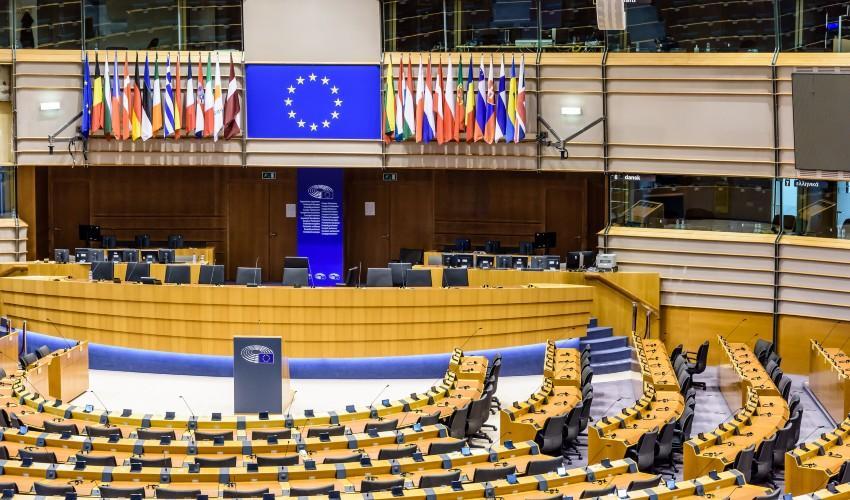
How Legal Systems Are Dealing with the Coronavirus
A COMPARATIVE PROJECT COORDINATED BY ARIANNA VEDASCHI ANALYZES THE LEGAL DYNAMICS TRIGGERED BY THE EMERGENCY WORLDWIDESome forty scholars of Comparative and European Law, coordinated by Arianna Vedaschi and Lorenzo Cuocolo are at work to understand similarities, differences and peculiarities of national and supranational bodies' reactions to the health emergency caused by the coronavirus.
The health emergency has triggered different, but comparable, legal dynamics in the various countries of Europe and the world. Vedaschi, a Full Professor of Comparative Public Law at Bocconi, has launched through the Rivista di Diritto Pubblico Comparato Europeo edited by Giuseppe Franco Ferrari a collaborative research project that is feeding the journal’s website, http://www.dpceonline.it, and will result in a special issue.
«The call, launched at the start of the emergency», says Prof. Vedaschi, «was answered by a large number of colleagues, almost all of whom are Italian Comparative Law scholars specializing in the legislation of individual countries and international bodies».
The project unfolds on a vertical dimension - the analysis of the individual legal systems and supranational institutions - and on a horizontal one, focused instead on specific topics. Among the vertical cases, not only European and Western countries will be represented. Certain countries, less studied perhaps, but of strong topicality with respect to the coronavirus, such as South Korea, India and Iran, are also being analyzed. In addition, the European Union and the World Health Organization are among the international bodies under observation.
The horizontal dimension will not necessarily apply to all the countries under research. «The marginalization of parliaments, for example», explains Prof. Vedaschi, «will be analyzed in European democracies. Another issue of interest is the system of the sources». The uncertainty about the prevalence of national decrees and ordinances and their coordination with regional ones will be one of the themes studied.
While the most structured studies will be published in the journal (the deadline for submitting them is May 10, then the review phase will start), the DPCE website has set up a permanent Observatory, where normative acts (decrees, etc.) from all over the world are uploaded, accompanied, if necessary, by summary sheets for less known languages. «It is a service to the entire legal research community because, in these days of uncertainty», comments Prof. Vedaschi, «even on legal chats there is a lack of clarity about what the reliable sources are. I must, indeed, thank the young scholars who are working to build and update the project's web pages».
In the same spirit of service, some of the younger scholars are writing first notes on the measures taken in the countries they are studying, while synergic contacts are expected to develop with other Italian and international sites.
by Fabio Todesco
